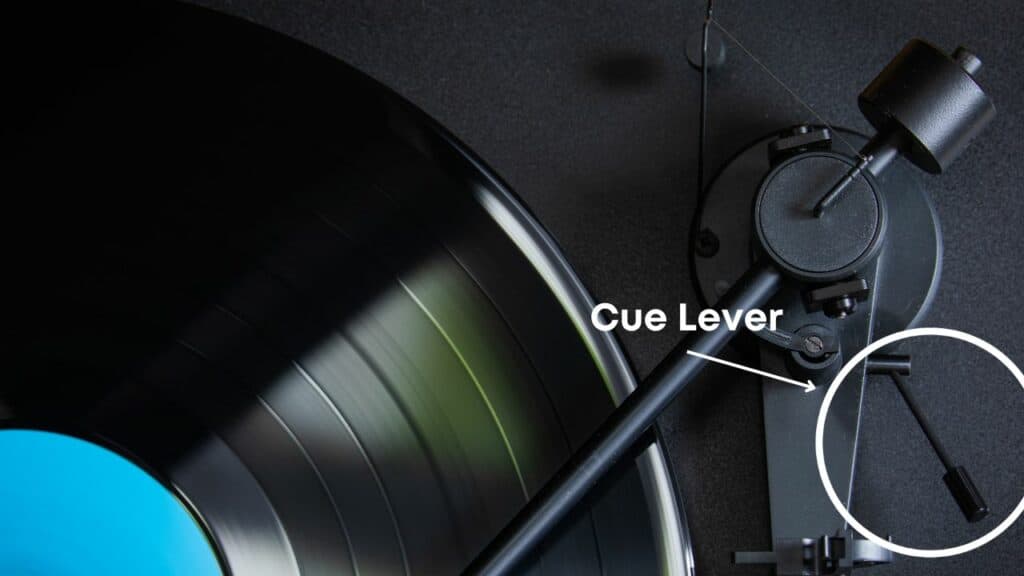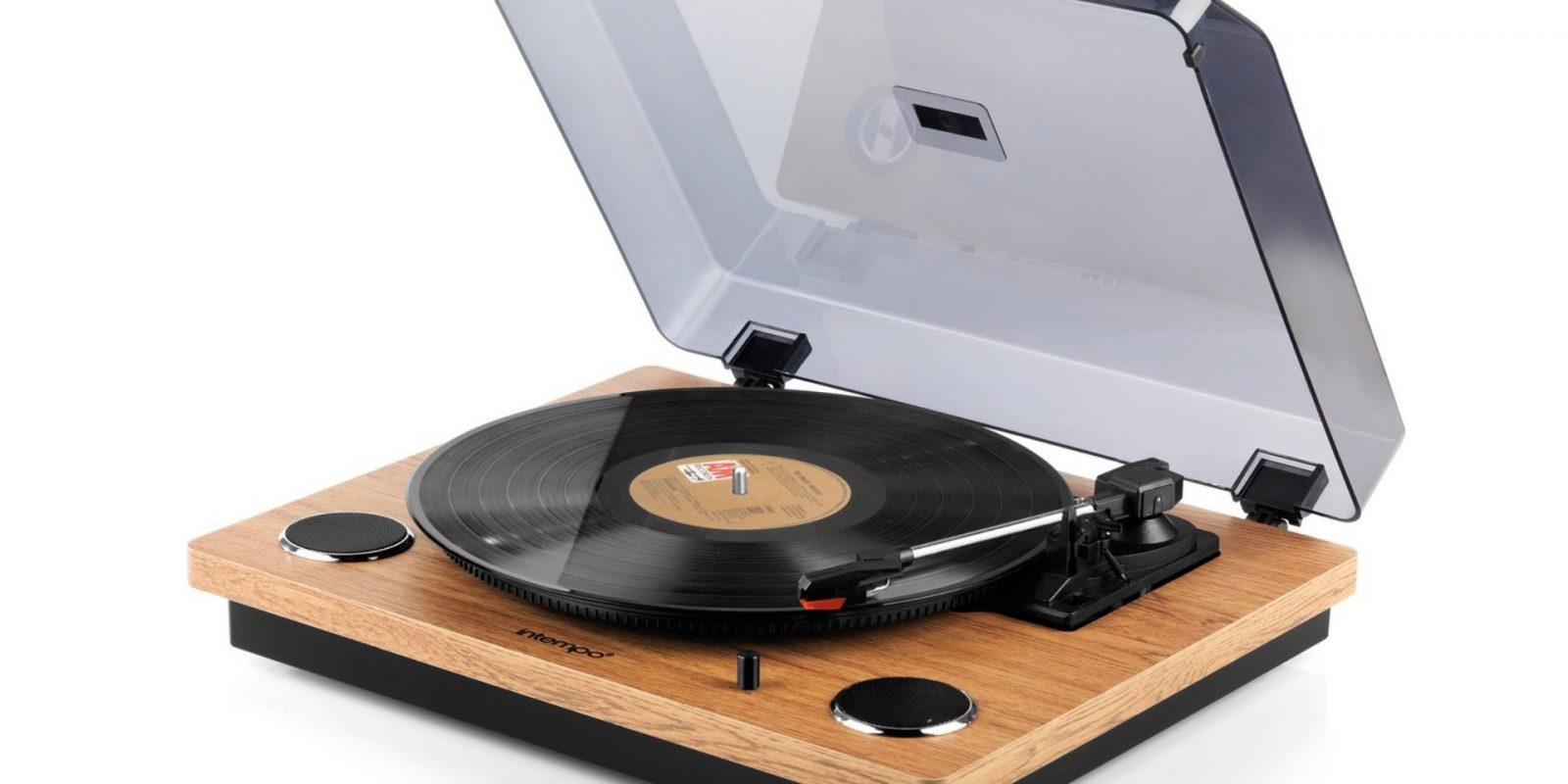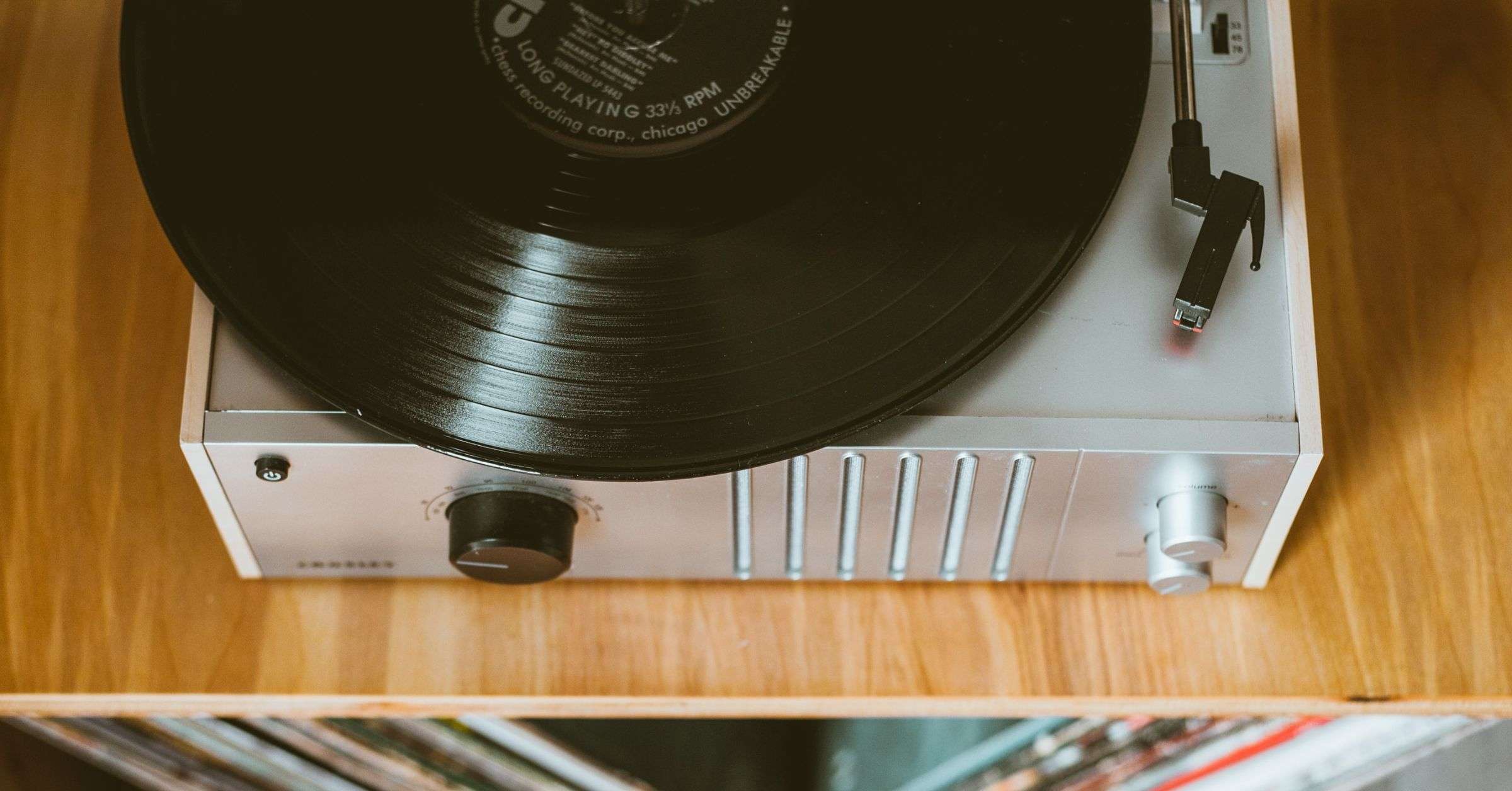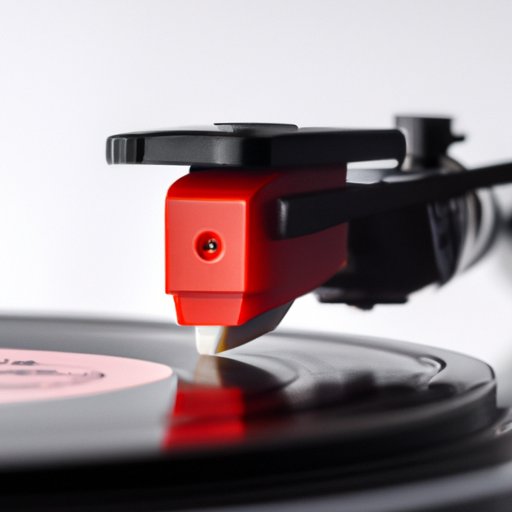How Many Watts Does A Record Player Use
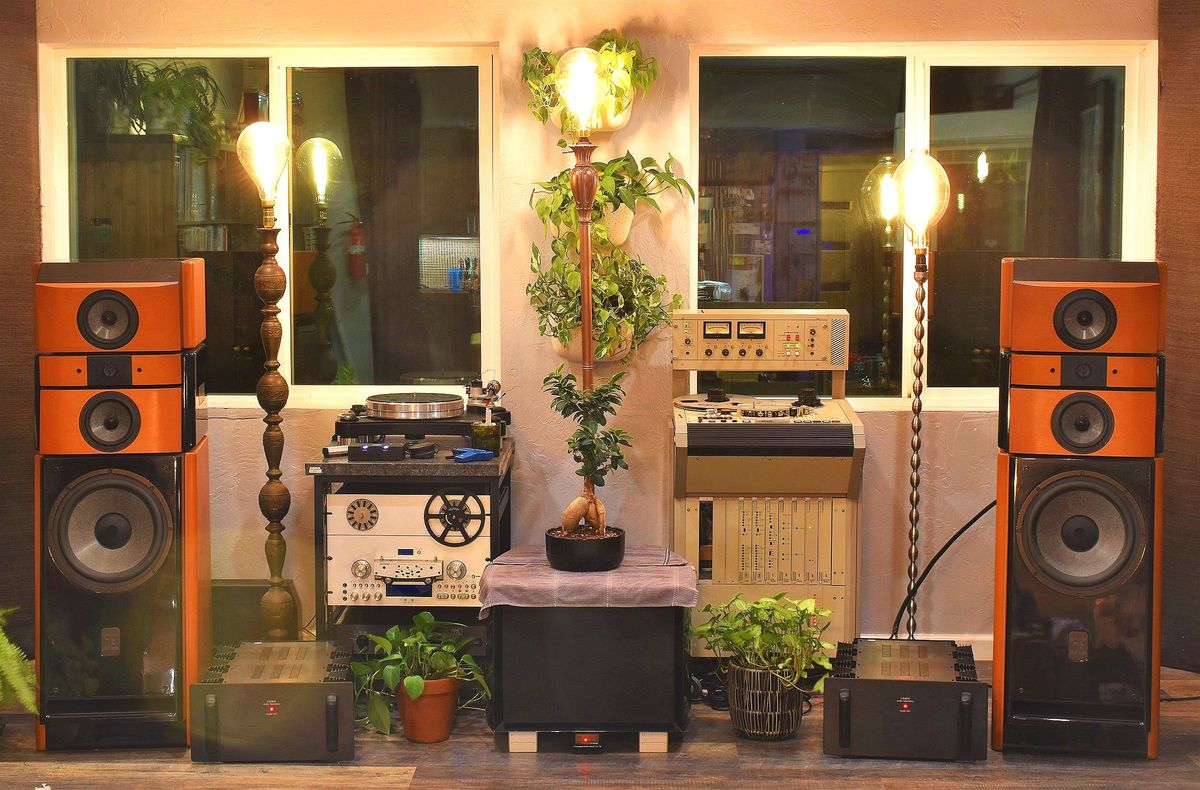
Imagine settling into your favorite armchair, the soft glow of a vintage lamp illuminating the room. The gentle hiss of a needle meeting vinyl fills the air, followed by the warm, rich tones of a classic melody. As the music washes over you, have you ever paused to consider the energy powering this nostalgic experience?
This article delves into the surprisingly low power consumption of record players, revealing how many watts they typically use and exploring the factors that influence their energy efficiency. Understanding this can help audiophiles appreciate the eco-friendly nature of their beloved turntables while making informed choices about their audio setups.
The Humble Wattage of a Turntable
On average, a record player consumes between 10 and 15 watts of power. This figure is significantly lower than many other household appliances. Even modern, feature-rich turntables generally stay within this range, making them a relatively energy-efficient way to enjoy music.
Several factors contribute to a record player's power usage. The type of motor driving the platter, the presence of a built-in preamp, and additional features like Bluetooth connectivity all play a role. More complex features typically translate to a slightly higher wattage.
Breaking Down the Power Draw
The motor is the primary consumer of energy in a record player. Direct-drive turntables, known for their quick start-up times and precise speed control, might use slightly more power than belt-drive models. However, the difference is usually marginal.
Some turntables include a built-in phono preamp, which boosts the weak signal from the cartridge to a level suitable for most amplifiers. If your turntable has one, it will contribute to the overall power consumption. However, preamps are relatively energy efficient, adding only a small amount to the total wattage.
Modern turntables sometimes feature Bluetooth connectivity, allowing you to wirelessly stream music to speakers or headphones. The Bluetooth functionality adds a bit to the power draw, but it's usually insignificant compared to the motor.
Why It Matters
Understanding the power consumption of your record player allows you to make informed choices about your energy usage. It also highlights the relatively low environmental impact of this classic audio format compared to digital streaming, which relies on energy-intensive data centers.
While streaming services offer vast libraries of music at your fingertips, the energy required to store and transmit that data is substantial. In contrast, listening to a record is a more direct and localized experience, consuming far less energy. This is why many analog enthusiasts feel vinyl record is more eco-friendly.
Considering a vintage turntable? Older models might vary slightly in their power consumption compared to newer ones. Researching the specific model or consulting with a vintage audio expert can provide more accurate information.
Simple Steps for Energy Efficiency
Even though record players are already relatively energy-efficient, there are steps you can take to further minimize their power consumption. Always turn off your turntable when not in use. Unplugging it completely eliminates any standby power draw.
Consider pairing your turntable with an energy-efficient amplifier and speakers. Look for devices with Energy Star ratings to reduce your overall energy footprint.
Finally, maintain your turntable properly. A well-maintained turntable runs more smoothly and efficiently, potentially reducing its power consumption.
A Sustainable Sound
In a world increasingly focused on sustainability, it's comforting to know that enjoying your favorite records doesn't have to come at a high environmental cost. The low wattage of record players allows you to indulge in the warmth and richness of vinyl without feeling guilty about your energy usage.
The next time you drop the needle on a record, take a moment to appreciate not only the music but also the relatively small amount of energy powering your listening experience. It's a reminder that sometimes, the most enduring pleasures are also the most sustainable. Enjoy the music and the good feeling about your low energy vinyl listening habits.
